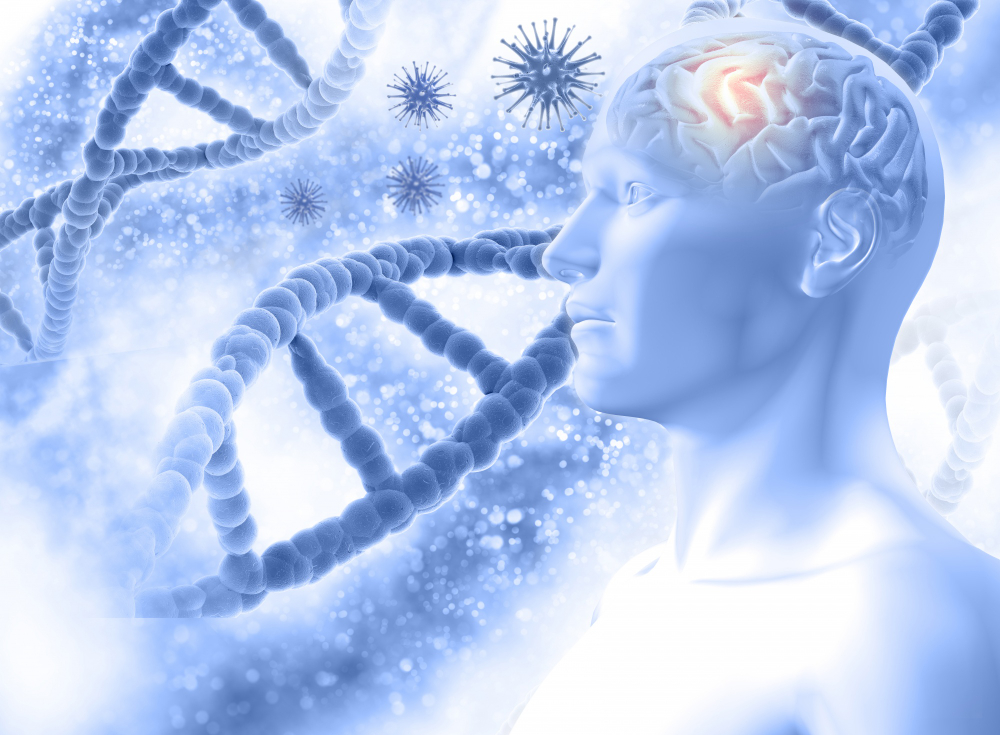June marks Alzheimer’s and Brain Awareness Month, a dedicated time to spread knowledge about Alzheimer’s disease and other dementias, as well as to emphasize the importance of maintaining brain health. Alzheimer’s disease affects millions of people globally, impacting not only those diagnosed but also their families and caregivers. Raising awareness and understanding of this condition can lead to better management, early detection, and stronger support networks. In this post, we'll explore what Alzheimer’s is, its early signs, and provide tips for promoting brain health and supporting those affected by the disease.
What is Alzheimer’s disease?
Alzheimer’s disease is a progressive neurological disorder that results in memory loss, cognitive decline, and behavioral changes. It is the most common form of dementia, accounting for 60–80% of dementia cases. The disease typically affects individuals aged 65 and older, but early-onset Alzheimer’s can occur in people as young as their 40s or 50s. As the disease progresses, it interferes with daily activities and eventually leads to severe impairment, requiring full-time care.
Early signs of Alzheimer’s:
Early detection of Alzheimer’s disease can significantly impact the quality of life and care management. Here are some common early signs to be aware of:
Memory loss: frequently forgetting recent events, names, or important dates.
Difficulty Completing Familiar Tasks: Struggling with routine activities like cooking, driving, or managing finances.
Confusion with Time or Place: losing track of dates, seasons, or the passage of time.
Trouble Understanding Visual and Spatial Relationships: Difficulty reading, judging distance, or recognizing familiar faces.
Poor judgment: making uncharacteristic decisions, like giving away large sums of money or neglecting personal hygiene.
If you or a loved one is experiencing these symptoms, it's important to consult a healthcare professional for an evaluation.
Tips for Brain Health and Alzheimer’s Awareness
Tips for Brain Health and Alzheimer’s Awareness:
- Learn the Early Signs
Early recognition of Alzheimer’s symptoms allows for timely medical intervention and better planning for the future. Understanding the signs can lead to an early diagnosis, which can help in managing the disease more effectively and improving the overall quality of life for those affected.
- Stay mentally active.
Engaging in mentally stimulating activities is crucial for maintaining brain health. Activities like reading, solving puzzles, learning a new language or musical instrument, and playing strategic games can enhance cognitive functions. Regular mental exercise strengthens neural connections, which may delay the onset of Alzheimer’s symptoms and improve overall brain function.
- Support Caregivers
Caregivers are essential in providing daily care and support to individuals with Alzheimer’s. Offering practical and emotional support to caregivers can make a significant difference. Simple actions like providing respite care, helping with errands, or just being there to listen can alleviate some of the stress and burden they face. Encouraging caregivers to take care of their own health and well-being is also crucial.
Conclusion:
Alzheimer’s and Brain Awareness Month is an important time to educate ourselves and others about Alzheimer’s disease and the steps we can take to maintain brain health. By recognizing the early signs, staying mentally active, and supporting caregivers, we can contribute to better outcomes for those affected by Alzheimer’s. For expert care and guidance from primary care physicians in Atlanta, visit First Lithonia Medical Center. Together, we can create a more informed and supportive community for individuals with Alzheimer’s and their loved ones.

